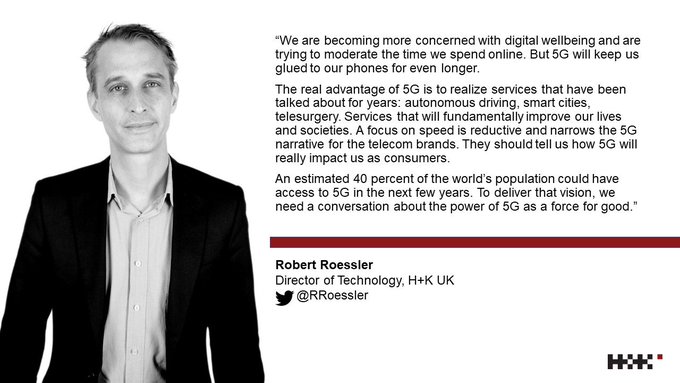“The only way to beat a machine is with another machine.” – Alan Turing
A recent story that
physicists reversed time using quantum computing immediately grabbed my attention. It is a great read about how scientists restored a quantum computer to the state it had been in a moment earlier. I find this mind-blowing and confusing in a nice way, and there has been a fascinating debate around whether the experiment has anything to do with reversing the flow of time – or
nothing at all.
I have to admit that I do not have a very clear opinion on whether time might be theoretically reversible. I kind of hope that it is, but equally I hope it isn’t. But what is clear to me is that the possibilities of quantum computing are vast and as a field it is simply very different to “normal” computing. Quantum computers calculate things simultaneously rather than going through calculations in sequenced, chronological order, where speed is limited by the laws of physics. If a “normal” computer is an Aston Martin, a quantum computer is a supersonic speed rocket. It is much, much faster.
This new understanding of computer speed results in two views: one that acknowledges how “good” causes can be accelerated, such as pharmaceutical discoveries or more accurate atmospheric models to help us understand and combat climate change. This idea of “
humanizing quantum computing” is diametrically opposed to the one which predicts chaos and problems, for example by using
quantum computing to crack the encryption mechanisms we currently consider sophisticated and secure.
Computers typically break passwords by going through combinations of characters and numbers – a process known as “brute forcing”. The time it takes for a computer to find the right combination is defined by password complexity and length. A password with eight random lowercase characters should take a contemporary supercomputer – a machine which is 100,000 times faster than a desktop computer –
no longer than two seconds to break. Passwords with lower and upper case characters are broken in less than eight minutes; lower and upper case characters with numbers in around half an hour. Adding symbols increases this to some four hours. If you want to be on the safe side, use at least 10 characters and include a mix of numbers, lowercase letters, uppercase letters and symbols. This will keep one of today’s mid range supercomputers busy for three years, in which time hopefully you will have changed your password anyway.
Supercomputers will continue to gain speed and power, so the time taken to complete tasks like breaking passwords will be revised down significantly in the coming years. But whatever speed supercomputers gain, quantum computers will make them look like novices, like an under-8 football team taking on Juventus Turin. So going back to the password cracking task and considering the extra power of quantum computers, the theory is that quantum computing can break passwords much more easily – including the ones we think are extremely long and complex. Another theory argues that quantum computing could turn into supervillains, able to break the security mechanisms on which blockchain relies. As more and more applications such as
loyalty cards or personal health records are built on underlying blockchain technology, the concern is that quantum computing might put our health and finances in danger.
All of this seems plausible to me, more or less. But the development of quantum computing is driven by the motivation to achieve benefits for us as people. Its objective is to make our world cleaner, better and safer. Whilst quantum computing might be used by criminals, its emergence is likely to accelerate the development of powerful new mechanisms which will be more secure and quantum-proof. It is likely that these will be developed well before quantum computing becomes a reality.
For now, time travel and password cracking make great headlines. They also give quantum computing and science as a whole a negative image. If the public thinks that a technology is incredibly esoteric, they will feel confused. And confusion can often lead to rejection and fear. This is why technology needs to be explained carefully and in a non-sensationalist way. Quantum computing may still be in its infancy but it is only a matter of time for it to be more widely deployed. When it arrives, we might be shaken, but should not be stirred. We should understand the risks it carries, but even more so embrace the opportunities it will bring.
Published 03 May 2019 on hkstrategies.com:
https://hkstrategies.co.uk/the-solace-of-secure-quantum-computing/
